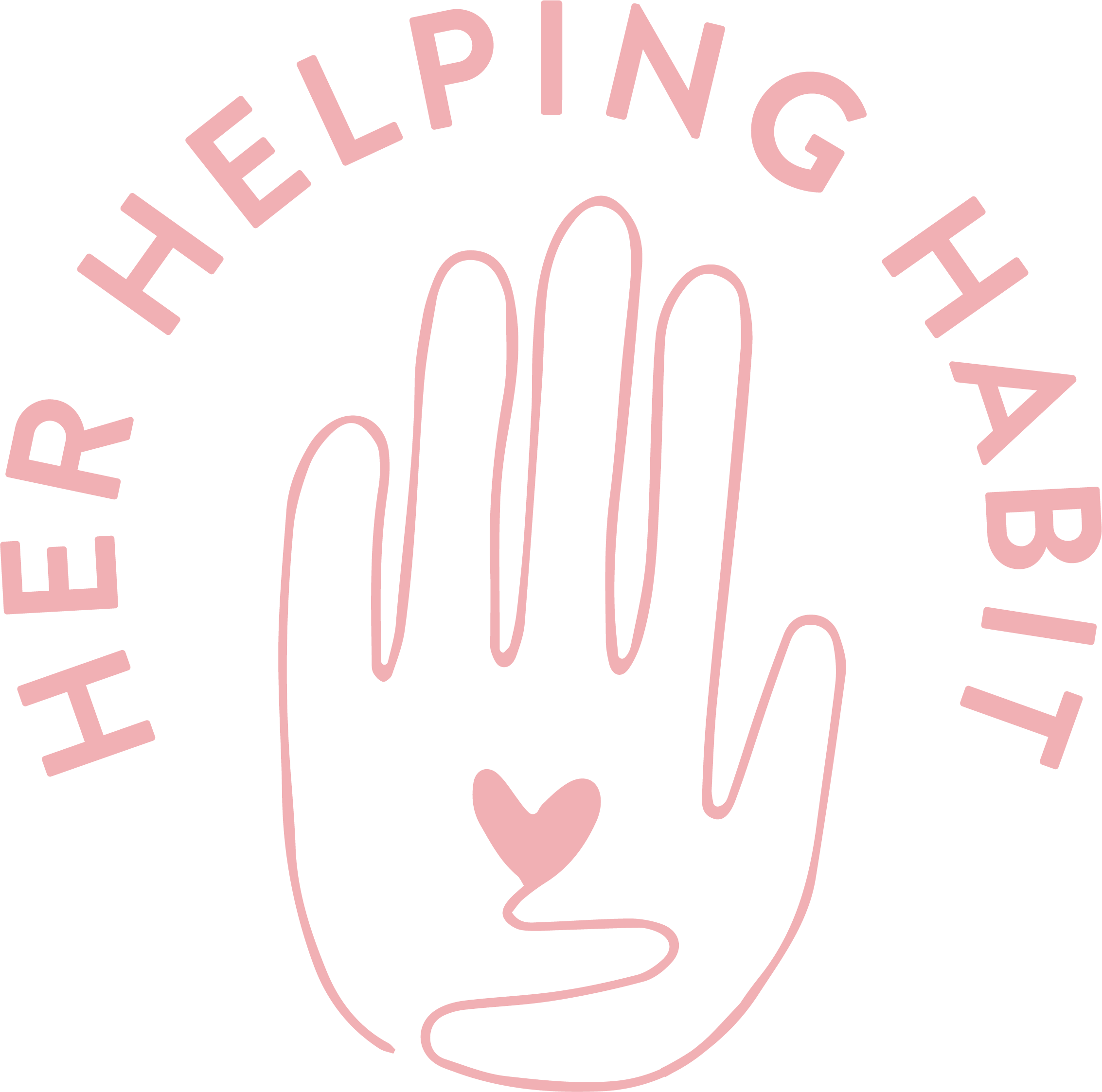Why Known Egg Donation Makes All the Difference
Listening to Voices That Matter
We are only recently realizing the kind of damage anonymous donations can cause to donor-conceived people. The first baby from a successful IVF cycle was born in 1978, and the first baby from a successful egg donation was not born until 1983. Meaning the oldest egg donor-conceived person in history is only 40 years old.
Pre-2000, most donor-conceived babies were born as a result of anonymous donations, and it's only now that these children are adults who are making their feelings, perspectives, and opinions about anonymity known. It’s very apparent that this community wants to be able to access information about their sperm or egg donors when needed. There are many reasons why people need to know who their donors are.
Known donation has far-reaching benefits, extending beyond the emotional realm. For example, it can make diagnosing and treating hereditary medical conditions faster and more accurate. It can also help ease anxieties for the donor-conceived person about inheriting disorders or illnesses (if any) from the non-genetic parent.
In addition, it allows for transparency with the donors themselves regarding how many children result from their donations.
The Netflix Documentary That Sparked Concern
Recently, this issue was brought into the spotlight in a big way with the release of the Netflix documentary “Our Father,” which delves into the story of former Indianapolis fertility doctor Donald Cline, who impregnated many of his patients with his own sperm without their knowledge or consent. The Cline children discovered this devious activity through the website 23andMe. So far, they have learned of at least 94 children conceived from this man’s sperm—with the numbers rising all the time. This, of course, is dangerous and a cause for concern because of “inadvertent consanguinity” or, in other words: the idea that siblings may unknowingly start a relationship with one another and produce children. Known donation removes this possibility, the fear surrounding it, and other concerns we discuss below.
The Emotional Impact: Resentment and Identity
In addition to inadvertent consanguinity, DCP may feel resentment or sadness about not knowing—or being able to get to know—immediate and extended family members. Interactions with strangers can bring up a host of uncomfortable feelings as they wonder who around them could potentially be family.
Many people who are donor-conceived (or adopted but find out later in life) report feeling a loss of identity. It’s common for people to say or feel that their identity was at least somewhat rooted in their knowledge of who their parents were. It can also breed distrust in their parents. Learning about their genetic origins is crucial to establishing a sense of identity for many donor-conceived individuals. Donor-conceived people have the right to honesty and knowledge about where they came from just as much as everyone else.
Using a known donor can lead to friendships and a strong bond between the donor and the intended parents. They experience a number of emotions throughout the process that can bring them together. Donor-conceived people are often curious about their genetic origins, and using a known donor removes this mystery for the DCP as well as the parents. It also allows the parents to foster a connection with the person who helped them have a child. All in all, honesty is the best policy. Known donation should be the only way egg donation is practiced in the future.
The Importance of Honesty
In summary, honesty is the cornerstone of family relationships. Known donation advocates for:
Honesty within family dynamics
Respect for DCPs as individuals with the right to know their histories
Informed choices about health and life
Ease in integrating knowledge about their origins as they grow
Eliminating the shock or distress associated with discovering their story later in life
Facilitating medical history sharing with doctors for accurate diagnoses and treatment
Reducing anxiety regarding the inheritance of disorders from the non-genetic parent
Fostering a sense of belonging without rejecting non-genetic parents
Embracing known donations is not about shame. It's about embracing transparency, fostering trust, and ensuring donor-conceived children a brighter, more informed future.





